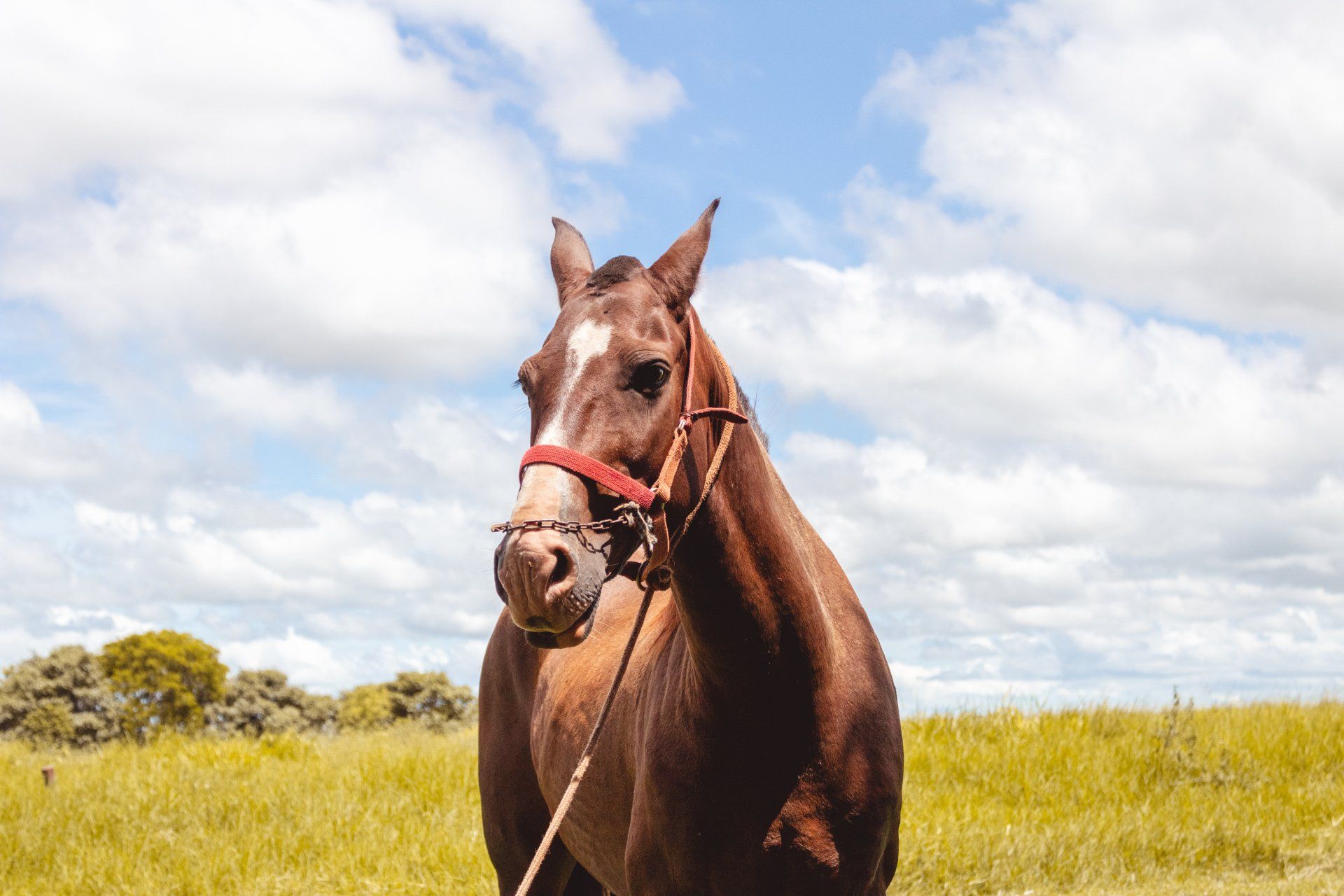Hyperkalemic Periodic Paralysis
Hyperkalemic Periodic Paralysis (HYPP) is a genetic disorder originating from the quarter horse breed. The disease is linked to the bloodline of the famous American quarter horse stallion, Impressive. This disease was once primarily limited to the American Quarter Horse and closely related breeds, such as the Appaloosa and American Paint; but cross-breeding has begun to extend this disorder to other breeds as well as to grade horses. The spread of the disease was perpetuated by the favorable placing given to affected horses in halter competition at horse shows. The reason that "Impressive" genetics became so popular is due to a secondary characteristic associated with HYPP: heavy, bulky muscling that is favored by judges.
HYPP affects the sodium channels in muscle cells and the ability to regulate potassium levels in the blood. In the presence of high potassium levels, including those induced by diet; sodium channels fail to inactivate properly. HYPP is characterized by muscle hyper excitability or weakness which is exaggerated by potassium or cold. This can lead to uncontrolled shaking followed by complete paralysis.
Some horses are more affected by the disease than others. Therefore some attacks will be more severe than others, even within the same horse.
Symptoms of an HYPP attack may include:
- Muscle twitching or trembling
- Generalized weakness
- Weakness of just the hind end
- Collapse
- Death
HYPP attacks occur randomly. The is no rhyme or reason if an attack will occur while a horse is standing calmly in the stall or during exercise. Following the resolution of an HYPP attack, the horse appears normal and is not in any pain.
Horses with HYPP are usually fully conscious during an attack. Horses may suffocate during an HYPP attack due to paralysis of the respiratory system. Horses that collapse during an episode appear clearly distressed as they repeatedly struggle to get to their feet. If this occurs while the horse is being ridden or otherwise handled, the human handler or rider may be at risk of being injured by the movement of the horse.
Horses with HYPP can be treated with some possibility of reducing clinical signs, but the degree that medical treatment helps varies from horse to horse.












